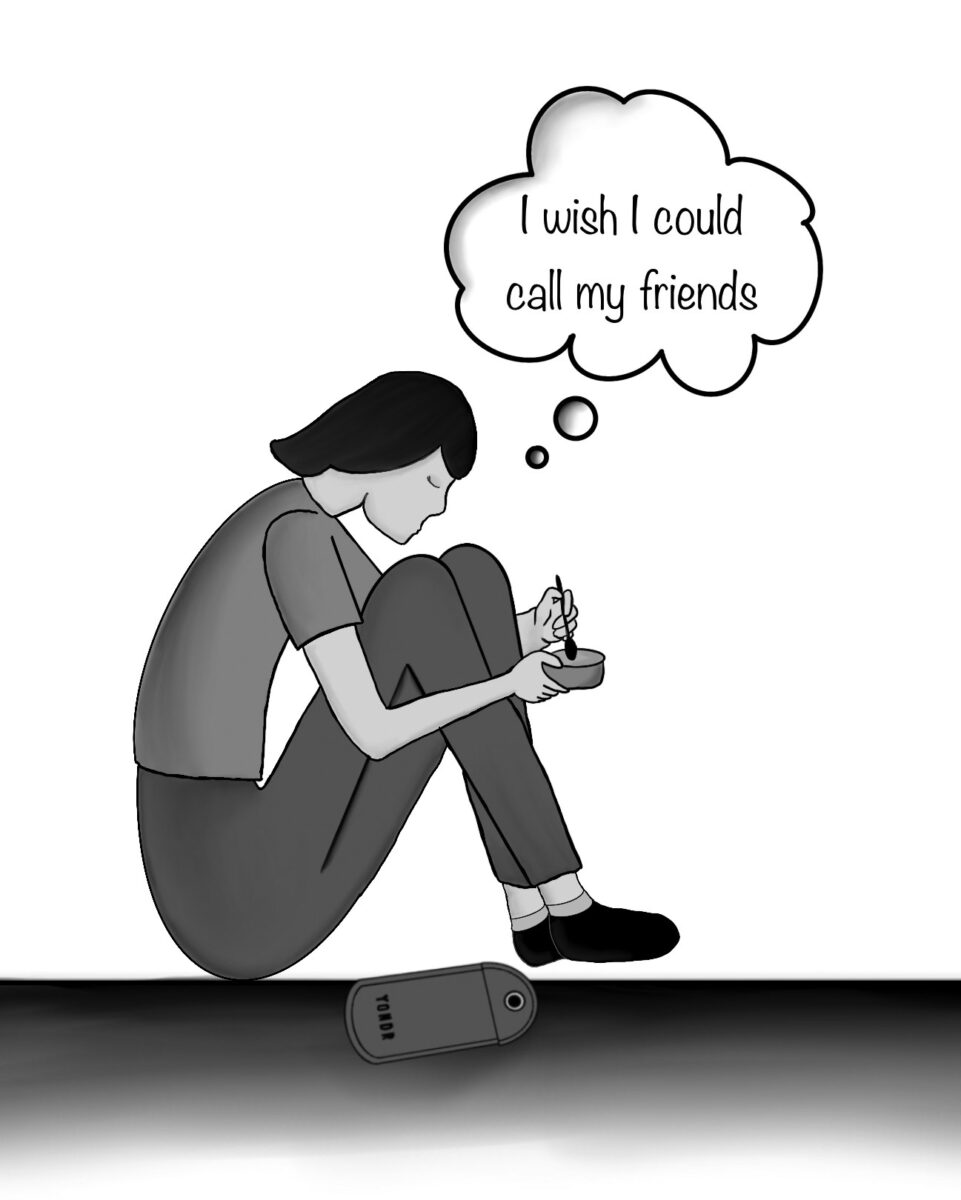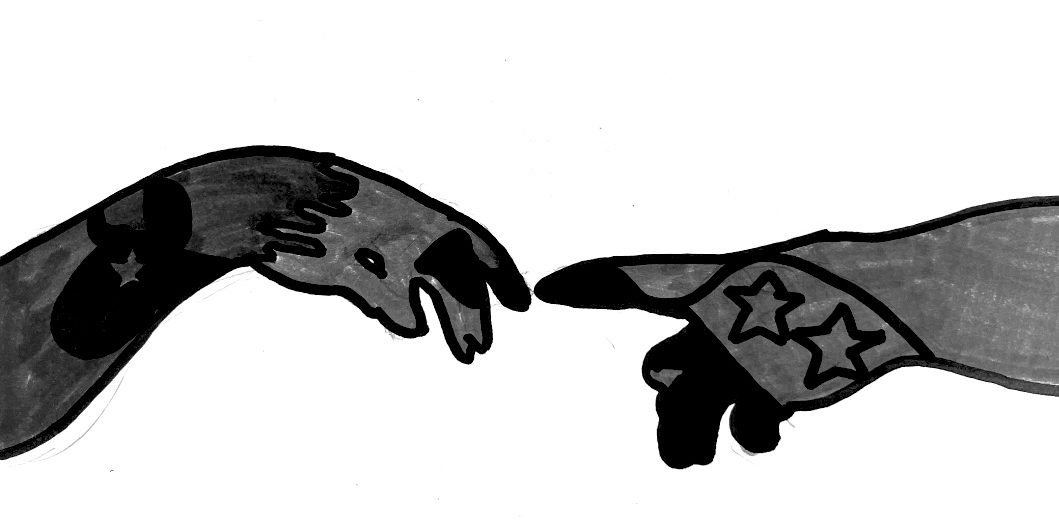It’s a Saturday evening, and you have nothing to do. After watching two hours of “Breaking Bad” on Netflix, you decide to check your Facebook, Instagram, Twitter, or Snapchat to see what your friends are doing. After all, you have nothing better to do.
However, when you log on to Snapchat, you see stories of your friends at a party without you. Tweets of inside jokes flood your feed, and Instagram photos of everyone dancing and socializing are all you can see as you scroll through the posts. Instead of feeling entertained and connected to your “friends,” you just feel left out.
As we scroll through social media, we see the best parts of others’ lives—the parts they want us to see. And yet the most typical time we check Facebook or Instagram is when we are alone wishing we were socializing.

At moments like this, when we see the fun other people are having, we tend to feel bitter about our own lives. Even those of us who are satisfied with our social lives may wish we were watching the sunset at the Headlands, instead of counting the number of likes our friend scored on their masterpiece photo.
The original purpose of social media was to keep us more connected and involved in our peers’ lives. It’s easy to believe that logging onto social media sites will make us feel like we have more friends.
But a recent study conducted by the University of Michigan concluded that the more people used Facebook, the worse they felt about themselves. After browsing the site for a few hours a day over the course of two weeks, 82 participants reported feeling less satisfied with their lives at the end of the study than at the beginning. The more the participants used Facebook over the two-week period, the more their satisfaction level declined.
This could be because social media encourages competition among peers. When we see others posting fun summer photos, we too, want something with which to impress our virtual friends. However, this is a competition that no one can win—it only leaves us feeling lonely and jealous. Before we log onto our favorite site, we should think about how how it will make us feel. Instead of checking Twitter when we’re bored, expecting it to entertain us, we should realize social media sites might leave us feeling worse than before.
According to a recent poll conducted by the American Academy of Pediatrics, 22 percent of teenagers visit their favorite social media site more than 10 times a day. It seems their intentions when doing so may not be to reach out to others, but to entertain themselves when they have nothing better to do.
People often mistake online followers for real friends, trying to reach a certain number of likes or followers. However, those who spend their time outside or connecting with friends in the real world are often the happiest.
Twitter, Instagram, Snapchat, or Facebook may not be the best way for us to gain meaning to our lives. When we look at online posts, we have to remind ourselves that people only share the fun activities they’re doing.. not the boring things they also have to do on a daily basis.
Next time you are feeling bored, consider calling a friend or going for a hike outside, and you may find yourself feeling happier and more satisfied than had you spent your time scrolling through the false reality of your friends’ cyber lives.











